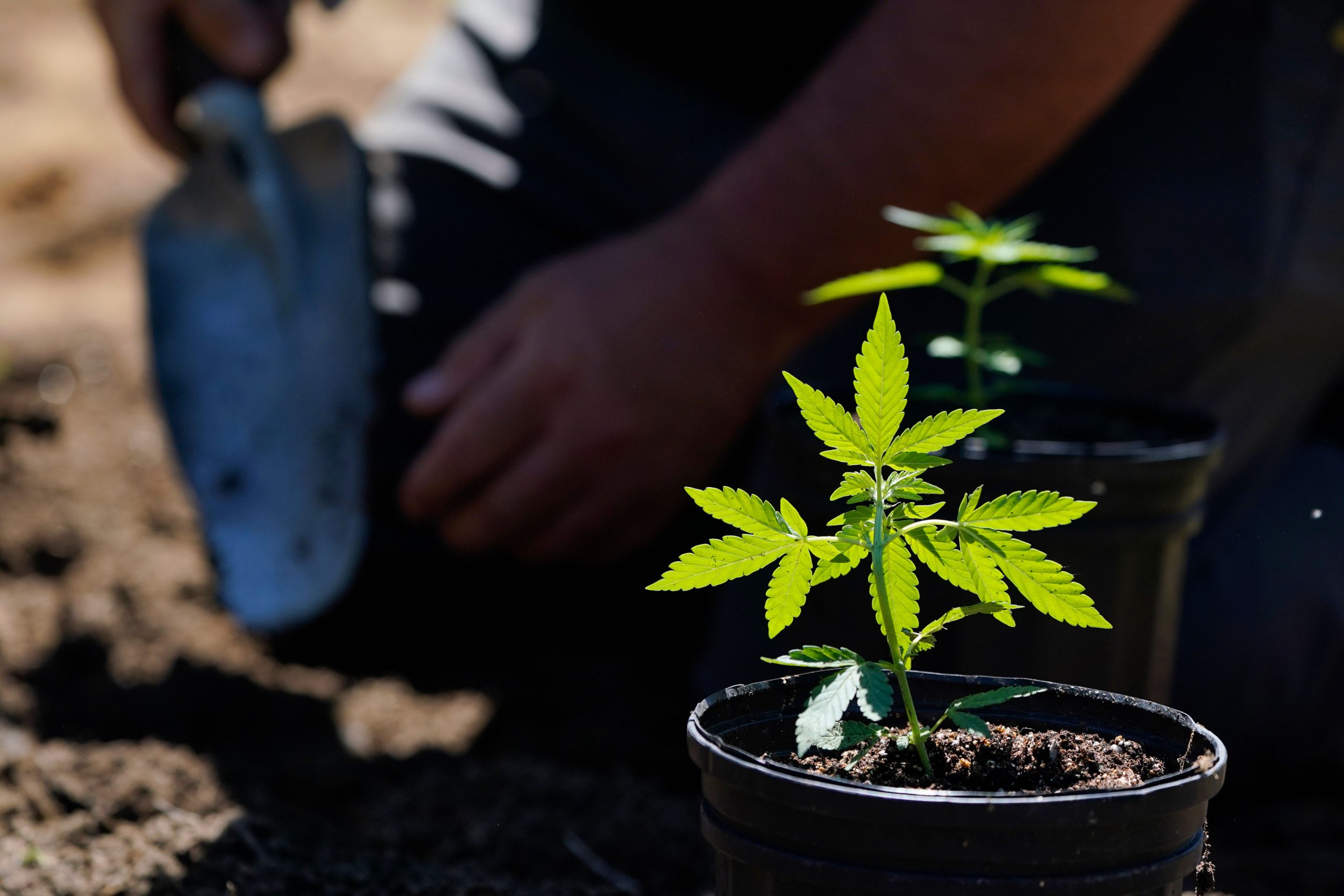If voters in five states approve the measures on the ballot on November 8, marijuana could be legalized in nearly half of the United States after the 2022 midterm elections. Voters in Arkansas, Maryland, Missouri, North Dakota, and South Dakota are being asked whether they support adult recreational marijuana use.
According to polls, the measure is likely to pass in three states: Arkansas, Maryland, and Missouri. In the Dakotas, however, the outcome is less certain. In a special election in March, Oklahoma voters will also have the opportunity to vote on recreational marijuana legalization. If the legislation is passed, they will join the other 19 states and the District of Columbia. Marijuana is completely illegal in only 13 states, with no exceptions for medical or recreational use.
Also Read| New York City Marathon 2022: Date, start time, route, everything else you need to know
It’s a significant shift from the 2012 election, when Colorado became the first state to legalize marijuana completely. It is still illegal under federal law in the United States. After the state Supreme Court overturned an election board decision, cannabis will be on the ballot in Arkansas. Arkansas became the first state to legalise medical marijuana in 2016. If voters approve Issue 4, which allows for the “possession, personal use, and consumption of cannabis by adults,” as well as its cultivation and sale, the state will be one of only a few in the South to legalise cannabis for recreational use.
Most of the Americans support marijuana legalization
An overwhelming majority of Americans support marijuana legalization, with a record-high 68% in favour. It’s a bipartisan issue, with roughly half of Republicans in favour. According to the National Conference of State Legislatures, only three states—Idaho, Kansas, and Nebraska—have completely prohibited marijuana (including CBD products). The use of medicinal cannabis is legal in 37 states and the District of Columbia.
Also Read| Donald Trump ally Tom Barrack acquitted of foreign agent charges
According to NORML, a nonprofit public-interest advocacy group, only 27 states have partially or completely decriminalized certain marijuana possession offences. Marijuana remains a Schedule I substance under the Controlled Substances Act, which means the government considers it a drug with a high potential for abuse and no accepted medical use.
Marijuana thus poses the same level of risk as heroin, LSD, and ecstasy under federal law. US President Joe Biden issued an executive order in October to pardon people facing federal marijuana possession charges. The same order requested that “the administrative process to expeditiously review how marijuana is scheduled under federal law be initiated.”







